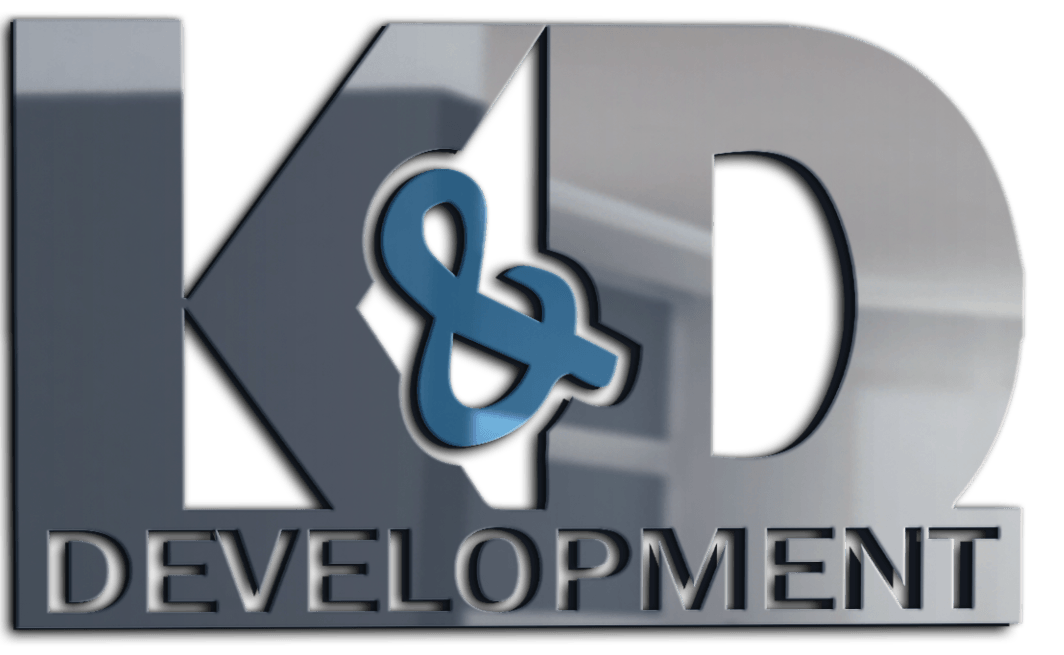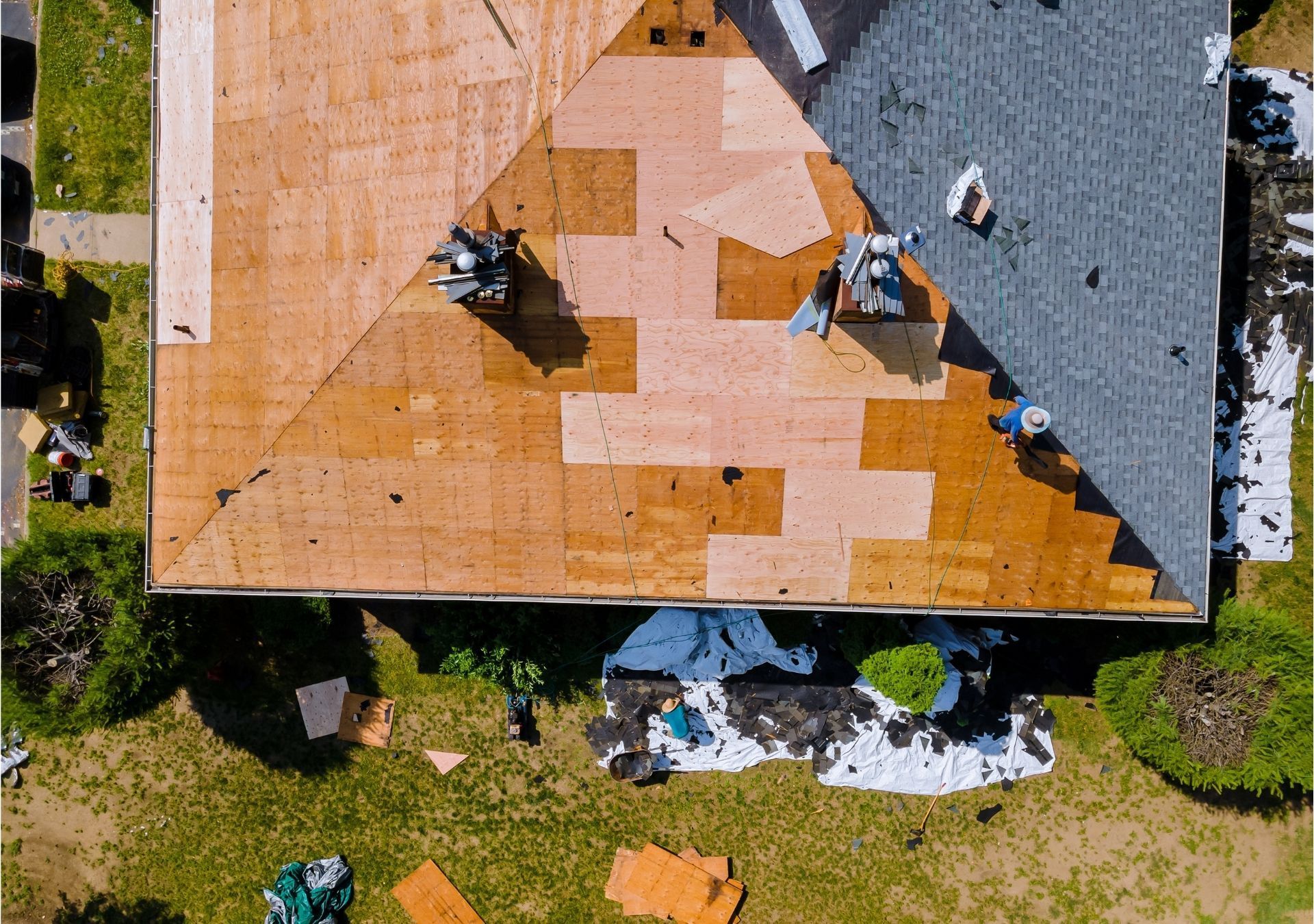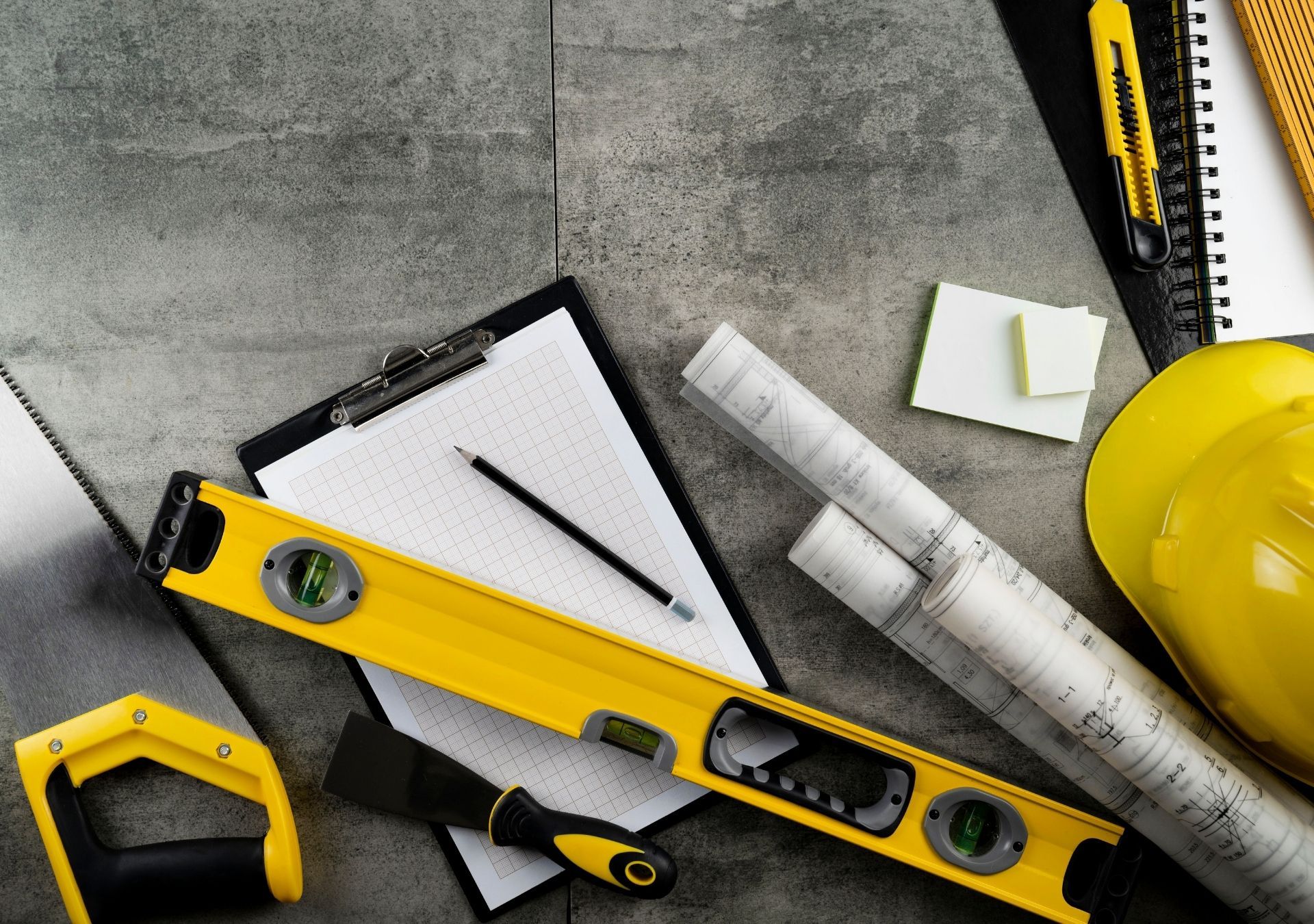Flipping on your lights in Denver and expecting instant magic? That's the dream—until a flicker or surge turns it into a nightmare. With our mix of historic homes, mountain storms, and high-altitude wiring quirks, picking the right electrician isn't just smart; it's essential for safety and sanity. If you're wondering, "What are the signs of a good electrician in Denver, Colorado?"—from quick fixes to full remodel integrations—you're ahead of the game. A pro turns potential hazards into hassle-free power.
K&D Development, your Denver general contractors for residential remodels, partners with top electricians to keep projects zipping along. From outlet upgrades in Baker to panel swaps in Lakewood, we've vetted the best. In this guide, we'll spotlight the telltale traits of excellence, plus Denver-specific tips. Let's spark some clarity.
Sign 1: Proper Licensing, Insurance, and Local Credentials
A standout electrician flashes valid Colorado licenses from the State Electrical Board—Journeyman or Master stamps mean rigorous training and exams. In Denver, look for city-specific certs too, ensuring they know our NEC amendments for altitude-adjusted installs.
Insurance? Workers' comp and $1M+ liability cover accidents—no out-of-pocket shocks for you. Denver pros often carry bonds for theft-proof jobs. Skip unlicensed "handymen"—fines hit $500+, and shoddy work voids warranties. Our K&D partners? Fully credentialed, every time.
Sign 2: Strong Reputation and Glowing Reviews
Word-of-mouth is gold in the Mile High. Hunt for 4.5+ stars on Google, Yelp, or Angi, with recent Denver-specific shoutouts like "Fixed my surge after hail—fast!" Check BBB for A+ ratings and zero complaints.
Ask for 3–5 local references; good ones share photos of past jobs in neighborhoods like Sunnyside. Beware red flags: Vague responses or one-star rants about no-shows. At K&D, we back our electricians with client testimonials that light up our portfolio.
Sign 3: Transparent Pricing and Detailed Quotes
No smoke and mirrors here: A solid electrician breaks down costs upfront—$100–$150/hour labor, plus materials like $50 breakers. Expect flat fees for simples ($200 outlet swap) and time-and-materials for complex ($1,500 panel audit).
In Denver's variable market, they flag extras like permits ($150–$300) or travel fees for outskirts like Arvada. No "surprise" bills—written contracts detail scope, timelines (1–3 days typical), and warranties (1–5 years). We at K&D insist on this crystal-clear approach.
Sign 4: Punctuality, Professionalism, and Clean Work
They show up on time, boots covered, and radio ahead if delayed by traffic on I-25. Pro attire, branded vans stocked with tools scream legitimacy—no rummaging in a pickup.
Cleanliness counts: Tarps down, dust contained (key in our dry air), and site tidied daily. Communication flows—texts on progress, calls for decisions. Post-job walkthroughs confirm everything hums. K&D's team embodies this: Polite, precise, and pristine.
Sign 5: Expertise in Local Challenges and Code Compliance
Denver demands specialists: They know high-elevation voltage stress (beefier wires needed), freeze-proofing for basements, and surge guards for Xcel fluctuations. Familiar with historic overlays in Capitol Hill? Bonus—they navigate restrictions without delays.
Code-savvy means passing city inspections first try, avoiding $200 rechecks. They use tools like thermal cameras for hidden faults. Our vetted pros at K&D excel here, turning Rocky Mountain quirks into seamless solutions.
Sign 6: Commitment to Safety and Ongoing Education
Safety gear (gloves, testers) is non-negotiable—lockout/tagout for de-energizing panels. They explain risks, like GFCI needs in wet zones, and offer tips post-job.
Top electricians stay sharp with CEUs on EVs, solar, or smart homes—vital in Denver's tech boom. Eco-focus? They push LEDs for rebates. K&D prioritizes this, ensuring our partners evolve with industry shifts.
Why Spotting These Signs Saves You in Denver
Our grid strains from growth, storms spike surges, and old wiring lurks in 40% of homes—bad electricians amplify risks, costing $5,000+ in fires or fixes. Good ones? They prevent 90% of issues, boost efficiency (20% bill cuts), and add resale value. Invest in quality; it's cheaper than chaos.
K&D Development: Your Gateway to Elite Electricians
We don't guess—we guarantee. K&D Development curates electricians who tick every box, integrating them into remodels for wired-right results. Clients buzz: "K&D's guy rewired our attic—safe, swift, stellar!" As Denver's remodel masters, we're your one-stop for powered-up projects.
Spotting a good electrician means peace of mind—your Denver home deserves no less. Need a referral or full reno?
Call K&D Development at 303-359-0214 for a free estimate and design consult, or email info@kddevelop.com. Flicker fix or feature install? We're charged up. Let's get your circuits singing—reach out today!






